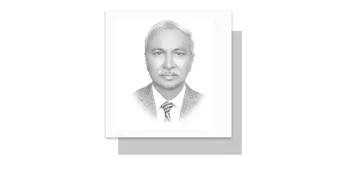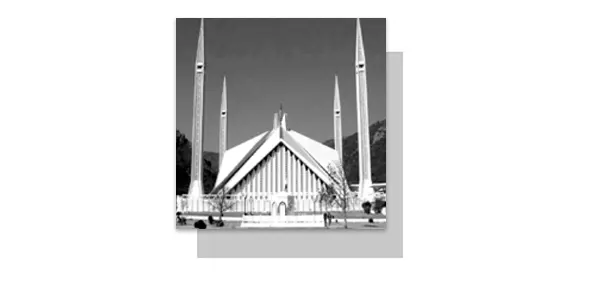Malik Ashraf
Prime Minister Imran Khan, in an interview with New York Times, a day after he spoke to President Trump, rightly said that Pakistan was no more interested in dialogue with India. The unilateral action by Modi government to end special status of Jammu & Kashmir has effectively nullified all the agreements and arrangements that formed the basis of dialogue between the two countries. It was also a brazen negation of the UN Resolutions calling for a plebiscite under her auspices to resolve the Kashmir dispute which constitutes an affront to the peace making body as well as the international community. Pakistan made a right move to raise the issue at the UNSC and also to invite the attention of the world community to the dangers lurking in the region as a consequence of the Indian action and the impending genocide of Kashmiris in the aftermath of the resistance to the Indian action as well as the possibility of India staging false flag operations to implicate Pakistan. It has also warned the world community about the possibility of armed confrontation between the two countries with unpredictable consequences. Prime Minister has also spoken to a number of heads of the governments to inform them about the situation in the IoK also urging them to play a role in saving the people of Kashmir from the genocide that is very much on the cards.
The diplomatic offensive launched by Pakistan has produced positive results in that the UNSC in its meeting did acknowledge the fact that the resolution of the Kashmir dispute has to come through UN Charter and the relevant resolutions. A number of countries have also expressed their concern on the situation in IoK and the international media has also taken due notice of the Human Rights situation there. A statement issued by Office of the UN High Commissioner for Human Rights, the UN human rights experts, have called on India to lift the lockdown and communication blockade in IoK and an end to the ‘collective punishment’. It also noted with concern reports about arrest of political figures, journalists, human rights defenders, activists and others and the use of excessive force against protesters. Similarly the global advocacy group “Genocide Watch” has issued an alert for IoK calling upon UN to warn India not to commit genocide in Kashmir. But the reality is that none of the countries has stressed the need for resolution of the Kashmir dispute which is the real issue. Even the UNSC has not gone beyond merely stressing the need for resolution of Kashmir issue in conformity with UN Resolutions. UN Resolutions are there for the last seventy two years. India has repudiated those resolutions on two occasions. Once in 1957 when it got the resolutions passed by the Constituent Assembly of IoK regarding accession of Kashmir to India and stated calling Kashmir as its integral part and the second time by ending the special status of Kashmir. On the first occasion it only passed Resolutions 91 and 122 to reject the Indian move but did not take any action for the implementation of its Resolutions. Even now the matter has not gone beyond recognition of the UN Resolutions on the subject.
India can be stopped from going ahead with its plans of genocide in the IoK and revisiting her decision only by the UNSC by passing enforceable resolutions like the one done in case of East Timor and South Sudan. But in the prevailing global environment that seems the remotest possibility. Except China none of the powers having veto power would go that far because they have their strategic and commercial interests linked with India and latter is also strategic partner of US in the contain China policy. Though the US President has repeatedly shown interest in mediation but it cannot happen until the two parties to the dispute express their willingness to accept it. It cannot be forced on them. India under the circumstances is not going to accept any mediation and it has already ruled out the proposition. It is also not possible to find a solution to the issue through war. Pakistan though has vowed to continue political, moral and diplomatic support to the cause of Kashmiris but it has ruled out any armed clash with India unless the latter commits any indiscretion.
It is indeed a very tricky situation. One may ask what are the options then to have the Kashmir issue resolved? In my view the onus has squarely fallen on the people of Kashmir themselves. There are two options for them. Since they are the aggrieved party and India has breached all the international agreements and commitments with them, they have a very strong legal case to knock at the doors of the ICJ, while Pakistan must continue pursuing the issue at all possible international forums as well as the UN to provide diplomatic support to their cause. The other option left to the people of Kashmir is to fight it out till the end forcing India to renounce her actions and fulfil her commitments as per the relevant UN resolutions. History is replete with examples of people winning their freedoms through armed struggles. There are also UN resolutions legitimizing armed struggles for winning freedom by the subjugated people. Zimbabwe is the best example of such struggles.
— The writer is freelance columnist based in Islamabad.










